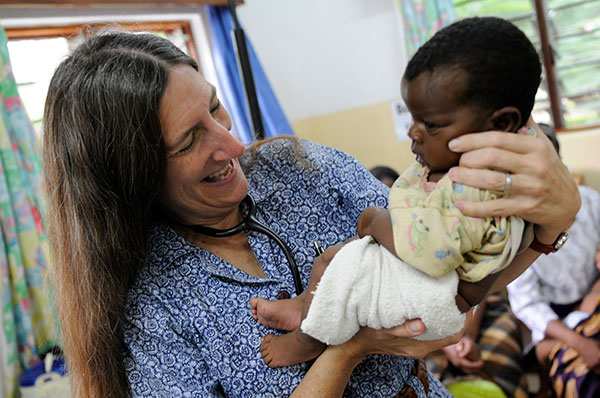International Center for Excellence in Malaria Research (ICEMR)
Malawi ICEMR Project Summary

The overarching goal of the ICEMR program is to establish research centers in malaria-endemic settings that will provide the necessary knowledge, tools, and evidence-based strategies for use by government organizations and health care institutions.
Malaria remains a huge problem (over 40% of the world's population are at risk of contracting the disease).
Control efforts have not been sustainable.
- Drug resistant parasites . . . and no point-of care tools to monitor them
- Insecticide resistant mosquitoes
No licensed vaccine - - and none may not be available for years to come.
Sustainable and effective malaria control requires an improved understanding of the complex interactions among the parasite, the mosquito vector, and the human host in local clinical and field settings.
Novel drugs, diagnostics, and vaccines, as well as vector management strategies will need to be developed, evaluated and ultimately utilized in malaria-endemic locations.
Thus, a multidisciplinary research approach is urgently needed to address these complex interactions at the molecular, cellular, organismic, population and field levels in malaria-endemic areas in order to provide the knowledge base necessary for improved clinical and field management of malaria, as well as to guide the development of new tools and interventions.
Malawi Fund
Terrie Taylor web page
MSU College of Osteopathic Medicine, Osteopathic Medical Specialties, West Fee Hall, 909 Wilson Road, Room B305, East Lansing MI 48824, com.oms@msu.edu Phone 517-353-3211, Fax 517-432-1062

